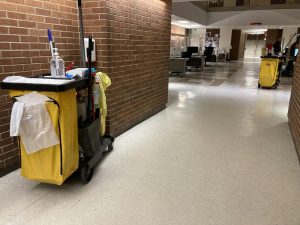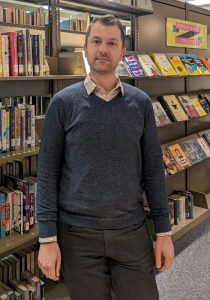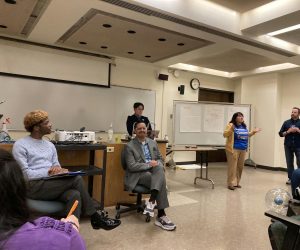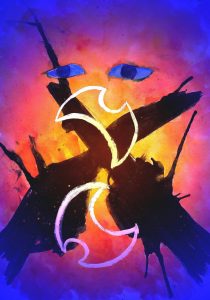HARAMBEE
November 14, 2017
The Harambee Celebration that took place at the Angelina Pedroso Center on Oct. 25 was a celebration of African Diaspora’s culture and life. The event was created to bring together the African and black community at NEIU.
With speakers, poets, artists, dancers, and musicians, this two-part event featured food, speakers, and performances that showed the greatness of diversity and unity at NEIU, and provided opportunities for networking.
The word “Harambee” comes from the Swahili phrase meaning “Let’s pull together.” This event was organized by Dr. Sharon L. Bethea and presented in collaboration with The Task Force for African, African American, and African Diaspora Student Success, African/African American Studies Program and the Division of Student Affairs.
Bethea is very involved at NEIU as an Associate Professor, Counselor Education, Coordinator of African African American Studies Program and Affiliate Faculty member of the Inner City Studies Program. She “created this event as a celebration of African diaspora culture and life and as a way to begin to pull together the African American community at NEIU.”
Bethea also wanted to provide a space and place for black students voices at NEIU.
The event started with libations done by Dr. Derise Tolliver of DePaul University. Libations are drinks poured out as an offering to a deity. Libations promote unity and balance as well as safeguards the relations between all beings and things in existence.
Speakers from different communities spoke about their experiences.
Sudan’s Red Army member and NEIU alumnus Peter Magai Bul described his experience both here as a student and in Sudan.
Seenaa Jimjimo, an Ethiopian activist and part of the Coalition of Oromo Advocates, also spoke and discussed how long it took for the Oromo people of East Africa to be proud of their culture.
The event also featured artists Phenom, Abraham Mellish, Princess Kazayah and Rooby Man presented diverse styles of music.
The MOYA African Dance Troupe, a West African group of three women, performed in traditional wear.
Student attendees that don’t identify as black also came and enjoyed the event. Summer Azzami stated, “It was a great learning experience.”
Aj Turner said, “I’m not of African descent [but] Harambee taught me the ways that people express their experience through their cultures.”
Spoken word artist Shawna Johnson said, “The event made me feel like we need to come together more and unite on an everyday basis. Like this night, we all came together, praised each other for our work and it was a beautiful feeling.”







